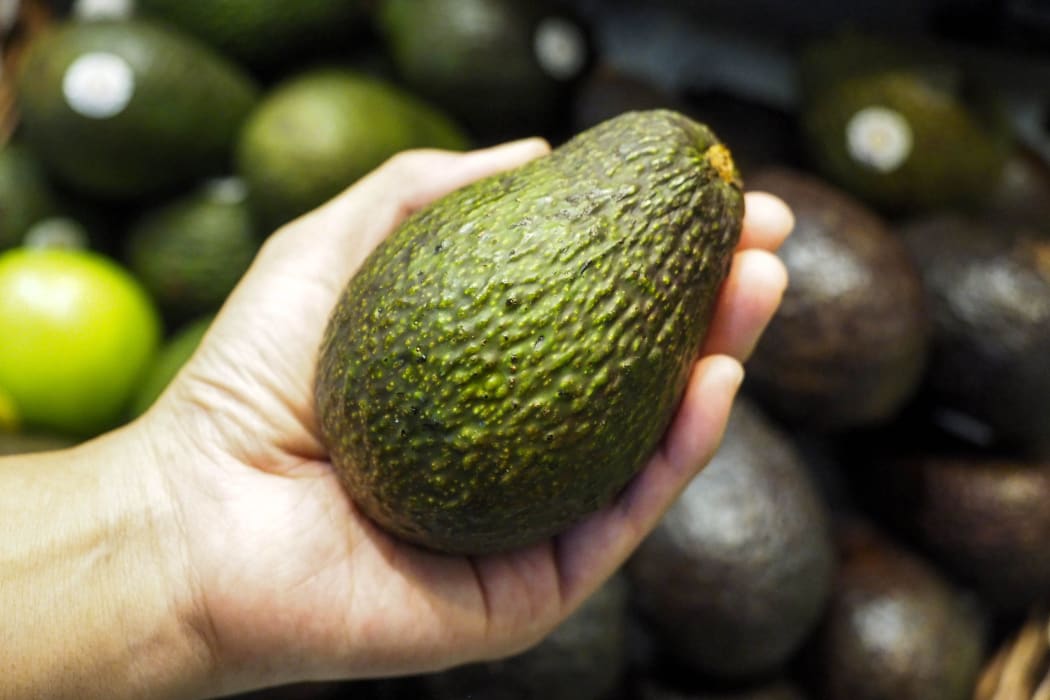Organic producers, importers and consumers have met with the Ministry for Primary Industries in Wellington to discuss whether New Zealand is in need of a national standard for organic products.

An avocado/File Photo: thebigland/123RF
The meeting was the first of eight set to happen across the country over the next few weeks.
Out of the top 25 countries who trade organically, Australia and New Zealand are the only two which don't have a national standard to ensure products are, in fact, organic.
Organic producers can be audited and certified by organisations to get an organic stamp of approval - but that comes at a cost.
When you step into the Wellington Chocolate Factory, you're greeted by the whirring sound of machines and the sweet smell of chocolate.
The factory has been open for five years and produces organic, ethically sourced and traded chocolate.
The factory's production manager, Oliver Findlay, said all of their beans were grown organically without pesticides.
"So, we roast all of the beans, we grind all of the beans down into chocolate - generally into a dark chocolate so 70 percent cocoa, 30 percent sugar.
"We try to source it all ethically, so we do a lot of direct trade with farmers, which is better for the farmers - they get a lot more out of it.
"It's better for the development of the small countries as well, which is pretty cool," Mr Findlay said.
The Wellington Chocolate Factory is one of 750 producers and manufacturers of organic produce certified by BioGro.
Being certified by an organisation, like Biogro, is one of the only options for manufacturers who want to establish their organic credentials - and involves a one-off cost of around $2000.
Certification involves auditing the way manufacturers produce, process and distribute their products.
It ensures an organic product is free of additives and no chemicals were used during growth.
If a company introduced a new product, or changed suppliers, it would require a new certification.
Biogro's chief executive Donald Nordeng said a national standard would boost consumer confidence.
"If I'm a consumer and go in and I want to buy organic eggs, for example, everybody eats eggs - well, maybe not everybody - but a lot of people eat eggs, I enjoy eggs.
"I know today, a lot of the eggs that claim to be organic aren't actually certified - so, do we know if it's organic or not? That's a question I think would be answered if we have a regulation of national standard," he said.
A national standard wouldn't affect those already certified by Biogro, Mr Nordeng said.
Wellingtonians shopping for organic food supported the idea of a national standard.
"You're paying at a much higher price point and you want to know that if you're buying that, that it is actually certified," Angeline Harrington said.
"Then we know that it is organic and that we're not actually eating something that is full of pesticides or antibiotics," Danielle Donoven said.
Bryan Wilson from MPI, said set regulation could help the industry grow.
"It could give us a better access to other markets where organic regulation is required and so, those markets expect a level of reciprocal arrangments in New Zealand," he said.
Mr Wilson couldn't confirm if the proposed regulation would cost producers - and said that will need to be figured out during the consultation process.
Organic consumers, retailers, importers and exporters have until 11 June to make submissions to the ministry.



